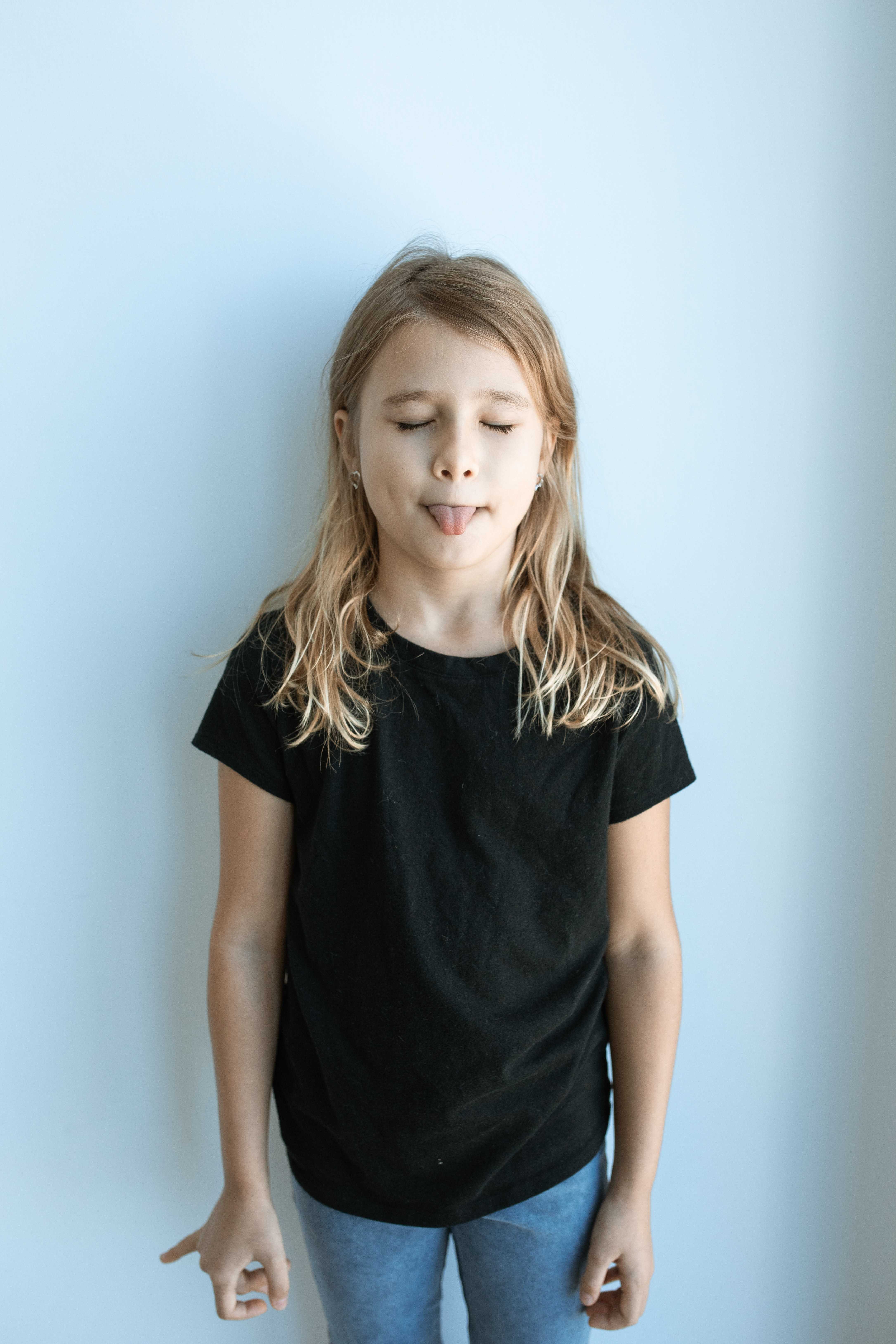‘I’m sorry’. Two little words your child refuses to say. It’s not like they’re violent little monsters, but when they do accidentally bump into someone, playfully (but fiercely) hit their younger sibling or do something that’s definitely not acceptable - you want your child to apologize. It’s the normal, respectful thing to do.
So why don’t they?
It’s understandable if you’re feeling frustrated. A child who doesn’t apologize can leave you feeling infuriated and embarrassed! Especially when they refuse to apologize in front of other parents. Their behavior also seems to be a bit of a head-scratcher because other kids their age apologize just fine.
Why doesn’t my child apologize?
There are many reasons why kids don’t apologize - their age and cognitive development are key factors. Before the age of five, they don’t yet have a fully developed ‘theory of mind’ - this is the ability to consider other people's thoughts, feelings, beliefs and values.
At this age, something they say or do isn’t necessarily intentionally ‘mean’. They just don’t know the social norms and cues for what’s acceptable. This is why your three-year-old bluntly tells everyone they hated the pancakes you made them!
As they grow older and their theory of mind evolves, children also develop ideas of what’s ‘fair’ and ‘just’. Their personalities, emotional and hormonal development and learned behaviors - including how you role model apologizing within your household - all play a role.
Consider the last time you and your partner apologized to each other or to your children - remember that your child is observing all your behavior and learning from it!
Apologizing is a common, respectful behavior in our communities - our children need to learn to do it. That’s a fact.
When they refuse to apologize, even after being prompted, we’re worried they might become socially isolated. At times, it’s also hurtful when you feel your child owes you an apology but they refuse.
Demanding an apology is not the answer though. Children as young as four know the difference between a sincere apology and one that is coerced - and which has a more positive impact on the receiver. There are also other ways to show they are sorry, even if they can’t say it yet.
Surely it isn’t common?
Not apologizing is very common behavior among younger children and can continue into the teenage years.
As parents, it’s imperative for us to role model apologizing, take time to understand the situation from our child’s perspective and give them the space to think about the apology.
The GritLife app can help you through this with guided techniques and advice tailored specifically for your child’s age.




